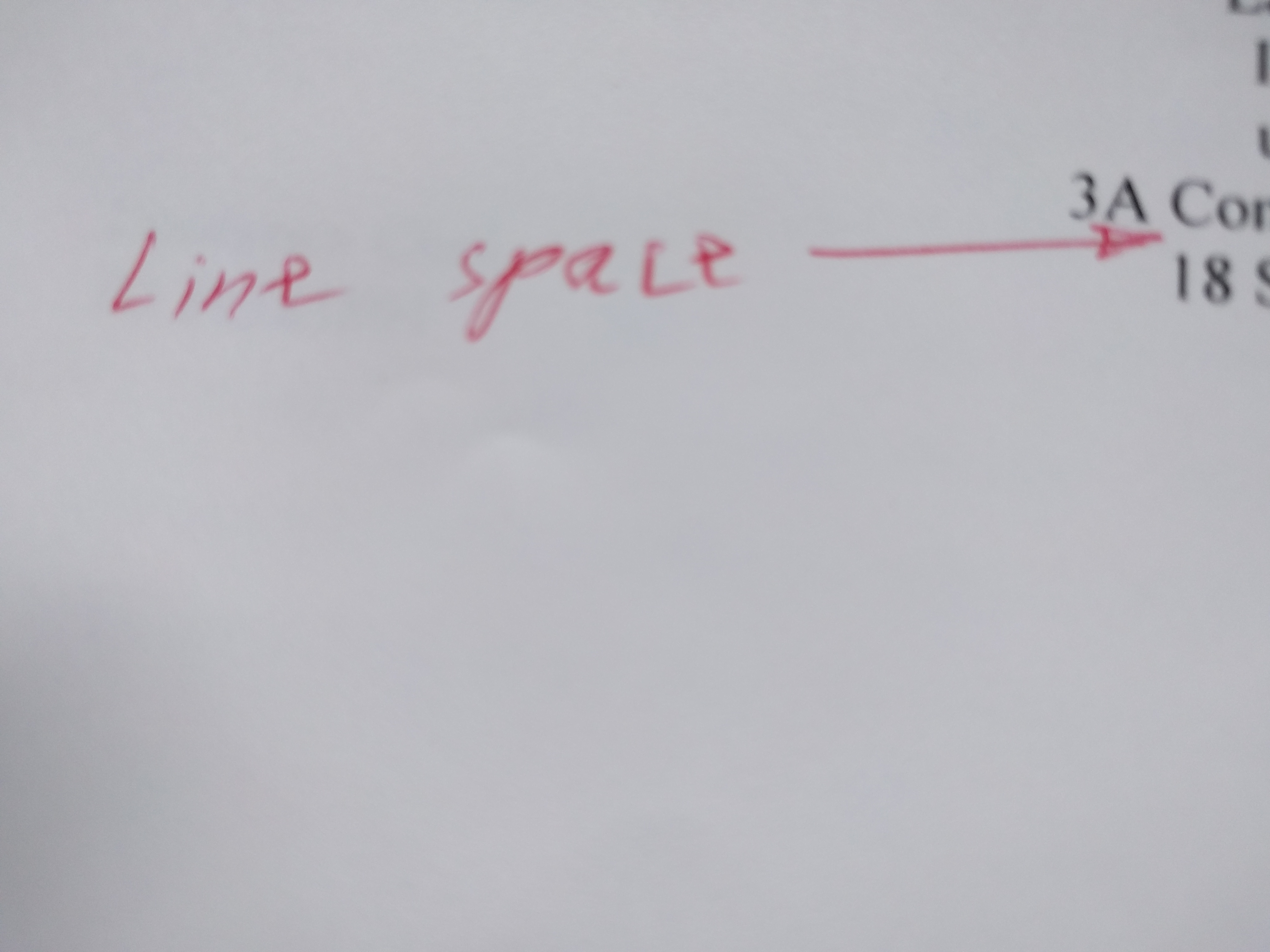Thoughts on Work Term Reports
One of the requirements in the ECE program is that students must write work term reports, based on something they worked on during a work term. The motivation of work reports is to develop technical communication skills, and to demonstrate ‘engineering judgment’ on a topic.
Recently, there have been news of the ECE department considering the inclusion of work reports marks into term averages. The apparent reasoning behind this is that students weren’t taking work reports seriously and were frequently doing them at the last minute, resulting in low quality submissions. Although I believe the department’s intentions are good, there are several flaws in practice.
- The marking scheme tends to be arbitrary. Work reports are marked on four different criteria: Structure and Flow, Detail Presentation, Writing and Formatting, and Technical Content. Structure and Flow evaluates how well the topic is introduced, and whether conclusions and recommendations are made at the appropriate points within the report. Detail Presentation evaluates whether paragraph/sentence structures are appropriate, and that low-level explanations are clear. Writing and Formatting concerns physical formatting, spelling, and grammar, while Technical Content assesses the depth of the topic and whether it’s sufficent to write a report. Out of these four criteria, I believe that three of them, minus Writing and Formatting, are inherently subjective by nature. The English language has rules on grammar and how to spell words, and reports have a set of formatting guidelines that must be followed. However, there are no hard rules on what makes a particular sentence structure good, or whether a concept is explained clearly or not. Lastly, the final grade assigned to the report only consists of one of five numerical grades: 95, 89, 75, 65, and 38. This can potentially punish a student’s average unfairly if the report was deemed unsatisfactory.

-
Choosing a good topic can be difficult. The term ‘engineering judgment’ is somewhat vague, but can roughly be interpreted as “describing a situation which involved some sort of analysis or design”. Because the jobs a student can take vary considerably, it is likely that not all jobs offer the opportunity to display engineering judgment. There are a myriad of reasons why this could be the case: the work performed doesn’t really involve either analysis or design, or perhaps the student was not given the opportunity to use it in a 4-month span. If the student doesn’t have a good project to write about, it can potentially lead to…
-
Modifying job details to satisfy requirements. When choosing a topic, it’s sometimes required to modify details, which results in the report not describing the actual work done. Although all of my reports are based on projects that I worked on during the term, there are some exaggerated details. This may also occur because the department isn’t concerned with, and can’t verify whether the report’s contents are legitimate or not.
-
Long marking times. This is something that’s difficult to avoid due to the sheer amount of reports that are submitted every term. Reports are usually returned late into the term, where students likely have many projects/assignments due. If the student is required to resubmit, they are given a very short period to revise and resubmit their reports.
As it currently stands, I believe students have little, if anything, to gain from the inclusion. Should the department consider making a change, they need to consider why students treat reports the way they do, and take steps to address that problem.